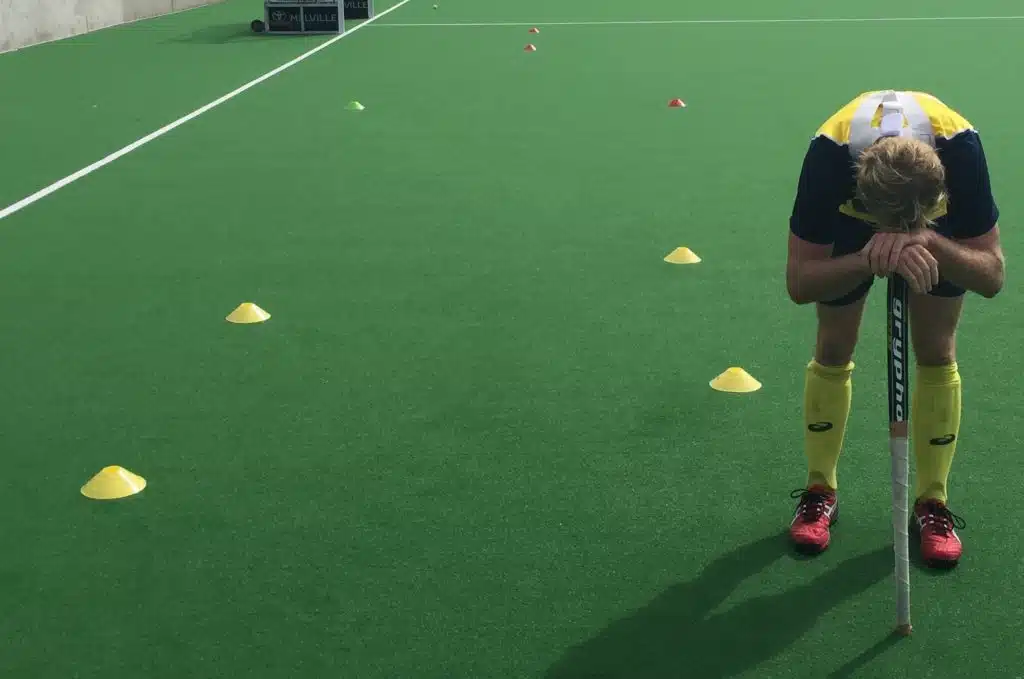Critical power—which is the highest intensity an athlete can maintain without getting fatigued—is a better measurement of effort than the total distance they cover in a match.
That’s the finding from a team of sports scientists, led by former Australian Institute of Sport Senior Sports Physiologist Ted Polglaze.
With the world champion Australian men’s hockey team, the Kookaburras, Ted developed a simple test to measure how hard each athlete is really working.
He believes it will provide professional sporting teams a better insight into when a player is becoming fatigued.
Most players in elite professional and international team sport competitions today wear a GPS device to measure their work rate.
Measures of speed and distance are currently used in sports such as the AFL, soccer, and rugby.
“The player who covers the most distance is considered to have worked the hardest, but it’s not that simple,” says Ted, who is now a research assistant at the University of Western Australia.
“The energy costs of continually speeding up, slowing down, and changing direction are very high, and a simple measure of total distance doesn’t take this into account.”
The test involves a three-minute, all-out shuttle-running test that replicates the demands of team sport activity by including numerous changes in speed and direction.
Banner image: A Kookaburra player exhausted after the three-minute test.
Credit: Cruz Hogan





 Fresh Science is on hold for 2022. We will be back in 2023.
Fresh Science is on hold for 2022. We will be back in 2023.